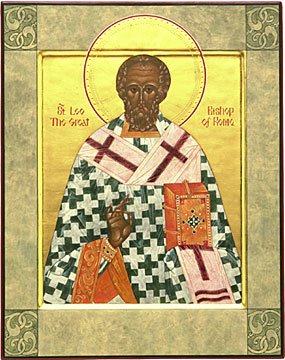 *
*
St. Ephrem was born in AD 306 in Nisibis, Syria, now located in Turkey. He became a deacon but declined the priesthood. He died around AD 373 and was named Doctor of the Church in 1920. When Nisibis fell to the Persians he moved to Edessa and founded a school to teach orthodoxy against Arianism, Manicheism, Gnosticism, and other teachings and religions. He used poetry and music to bring people to Christ. For example, he wrote a hymn about Mary, which also taught about the Incarnation:
“A wonder is Your mother: the Lord entered her
And became a servant; He entered able to speak
And He became silent in her, He entered her thundering
And His voice grew silent; He entered Shepherd of all;
A lamb He became in her; He emerged bleating.” (113, L. Gambero)
The New Evangelization is a method of bring Christ’s message to those who have already heard it. We need to speak, or as St. Ephrem did, sing the Good News. We need to engage our brothers and sisters to stir their hearts in the joy and peace of Christ’s love through the Holy Spirit’s inspiration. Let us follow in St. Ephrem’s “song” steps.
*https://commons.wikimedia.org/wiki/File:Ic%C3%B4ne_Ephrem_le_Syrien.jpg
